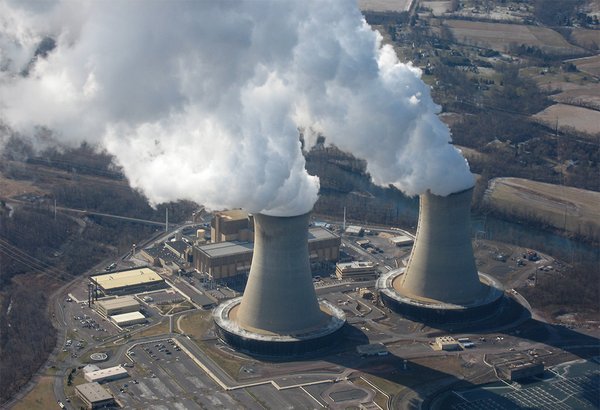Five Pennsylvania cities and metro areas across the state rank among the Top 25 in the country in terms of year-round particle pollution, according to a new report from the American Lung Association.
The ALA released the 20th edition of its annual "State of the Air" report Wednesday, which examined data from 2015 to 2017 to break down pollution categories into ozone pollution, short-term particle pollution, and year-round particle pollution.
- MORE NEWS
- Pennsylvania's 'collar bomb' case named as state's most infamous heist
- Pa. may designate tree of heaven 'noxious' to fight spotted lanternfly
- Radnor High School students to start day nearly one hour later next year
Year-round particle pollution, according to the report, is an annual average level that shows the concentration of particles over a full year of monitoring. Essentially, it means what it sounds like.
Here’s where Pennsylvania cities and metro areas rank in terms of year-round particle pollution:
7. Pittsburgh-New Castle-Weirton, PA-OH-WV
T-15. Johnstown-Somerset, PA
T-15. Lancaster, PA
18. Philadelphia-Reading-Camden, PA-NJ-DE-MD
24. Harrisburg-York-Lebanon, PA
While the picture of Pennsylvania wasn’t exactly pretty, only Pittsburgh failed to meet the national regulatory standards, according to the report. The Fresno-Madera-Hanford metro area in California landed at No. 1.
The report cited “high power plant emissions” and “local industrial sources” as potential reasons for Pennsylvania’s two major metro areas landing among the Top 25.
“The State of the Air 2019 report shows that too many cities across the nation increased the number of days when particle pollution, often called “soot,” soared to often record-breaking levels,” the authors explained.
Nationally, the report found, more than 40 percent of Americans live with "unhealthy air," which puts citizens at greater risk for lung cancer, asthma attacks, cardiovascular damage and other health risks.
The authors concluded that this year’s report “adds to the evidence that a changing climate is making it harder to protect human health.”
Follow Adam & PhillyVoice on Twitter: @adamwhermann | @thePhillyVoice
Like us on Facebook: PhillyVoice
Add Adam's RSS feed to your feed reader
Have a news tip? Let us know.

